|
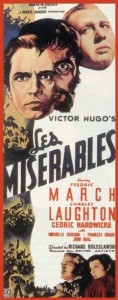
Synopsis:
In 19th century France, an ex-convict (Fredric March) is given a second chance at life by a kind priest (Cedric Hardwicke), and becomes a successful businessman under an assumed name. However, his happiness — and that of his adopted daughter, Cosette (Rochelle Hudson) — are compromised by a relentless policeman (Charles Laughton) who is determined to send March back to jail at any cost.
|
|
Genres, Themes, Actors, and Directors:
- Cat-and-Mouse
- Charles Laughton Films
- Ex-Cons
- Fredric March Films
- Historical Drama
- Literature Adaptation
Review:
While it’s probably best known by modern audiences as an enormously successful Tony-winning Broadway musical, Victor Hugo’s epic novel Les Miserables has been adapted for the screen numerous times (though Peary only lists this 1935 version in his GFTFF). Directed with visual panache by Richard Boleslawksi and DP Gregg Toland, the film is consistently stunning to look at, effectively utilizing stylized camera angles and atmospheric b&w cinematography to highlight the undeniably melodramatic nature of the storyline. March is appropriately stalwart and sympathetic as an ethically innocent man (unable to find work, he steals bread to feed his family) who is given an unduly harsh prison sentence, then treated with disdain and contempt by nearly all he meets upon his release; as fans of the story know, he’s not given a fair chance at life until a kind bishop treats him with unexpected kindness, and he is able to assume a new identity.
Laughton’s Inspector Javert, meanwhile, stands for all that is most corrupt about a legal system which leaves no room for contextual consideration or humanity; in a powerfully filmed opening sequence — as Laughton is inducted into his chosen profession — we’re told exactly what makes this vilest of persecutors tick, and we gain an unexpected measure of compassion for his motivations. Indeed, Laughton’s typically nuanced, brave performance is almost enough to make this film must-see — but the narrative itself is ultimately too much of a standard literary-adaptation (in which a rich and layered novel is condensed into just under two hours) to be entirely successful; too many of the later supporting characters are given short shrift, and Hugo’s complex social commentary is over-simplified. However, this one remains worth a look at least once, both for the lead performances and for the impressive visuals.
Redeeming Qualities and Moments:
- Charles Laughton as Inspector Javert
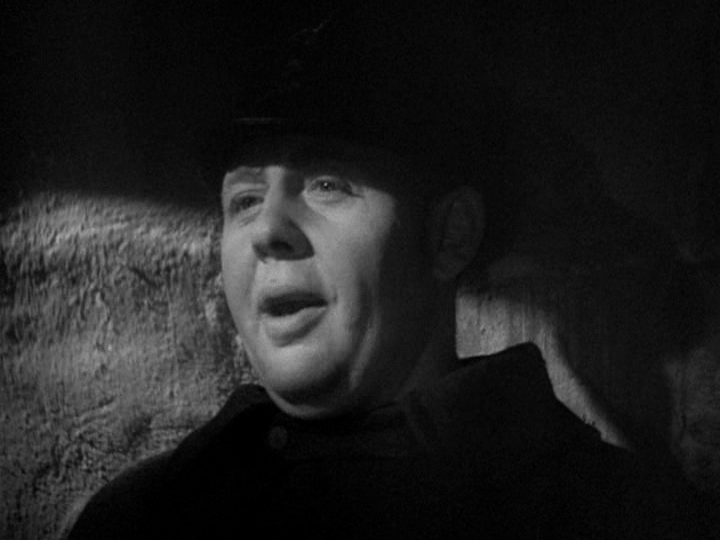
- Fredric March as Jean Valjean
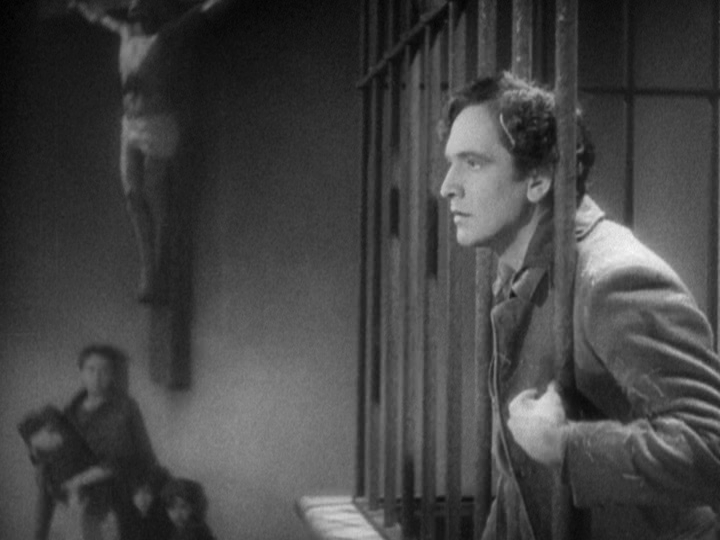
- Cedric Hardwicke as the Bishop
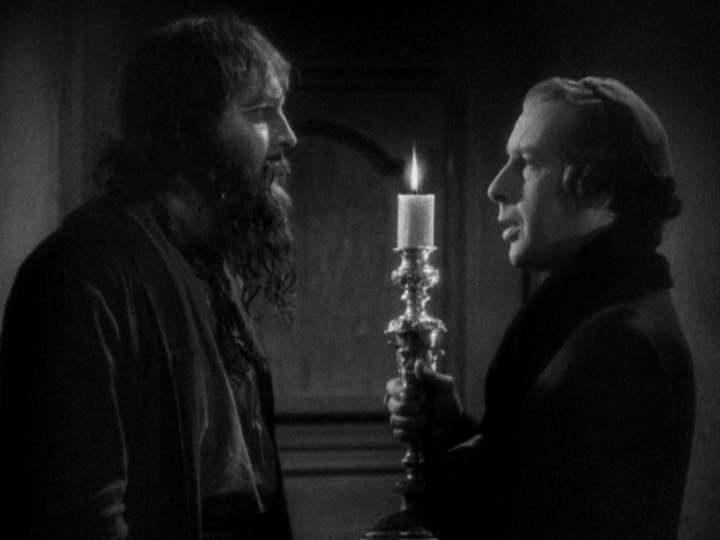
- Atmospheric cinematography

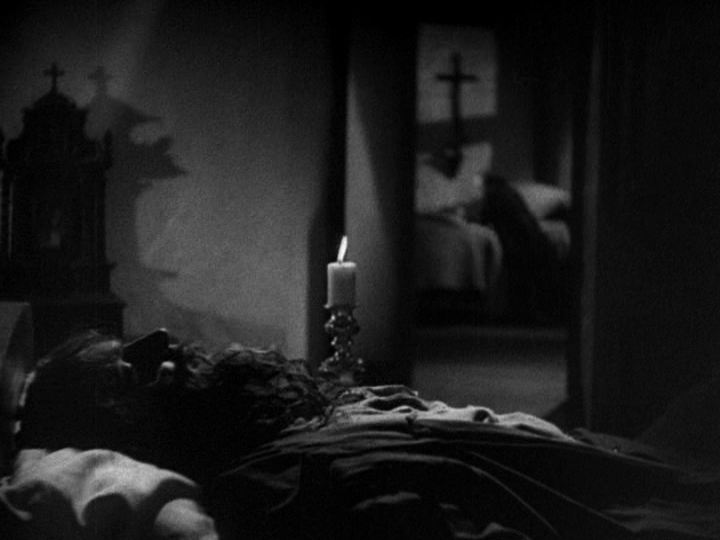
- Fine sets

Must See?
No, but it’s certainly worth a look for Laughton’s performance. Listed as a film with Historical Importance in the back of Peary’s book (though I’m not sure why).
Links:
|







One thought on “Miserables, Les (1935)”
Not a must.
In complete agreement here. This is a respectable “standard literary-adaptation”. Not a bad watch by any means but, at the same time, you’re not exactly pulled in the way you might like.
Laughton does turn in a slightly different kind of performance here. I particularly like the sharp, precise way he delivers his lines (letting the reality of this character dictate the way he talks). Yet, it does seem a touch silly that, try as he may, March just can’t shake Laughton’s dogged attempts at capture over the years (and all for a small loaf of bread!).